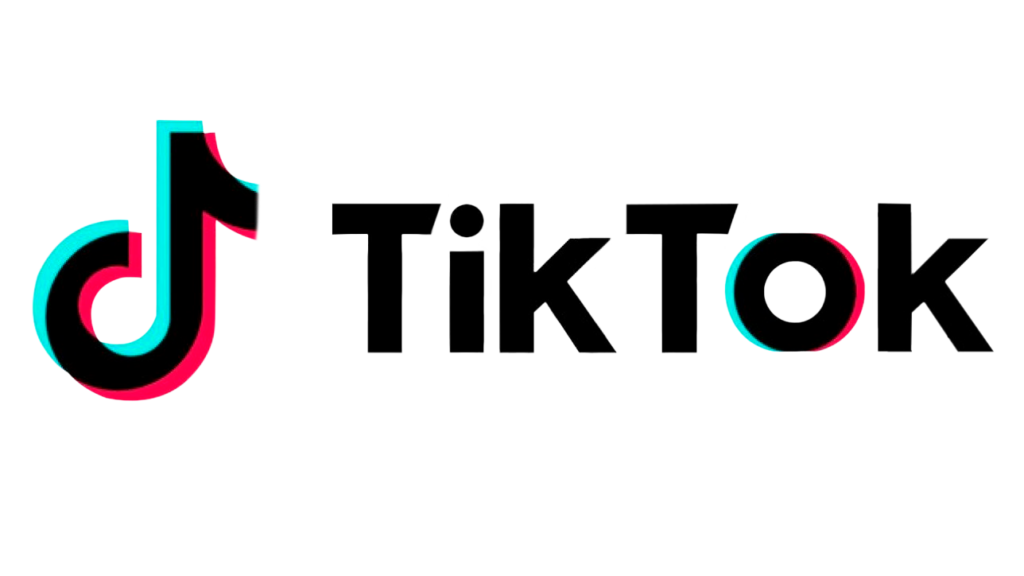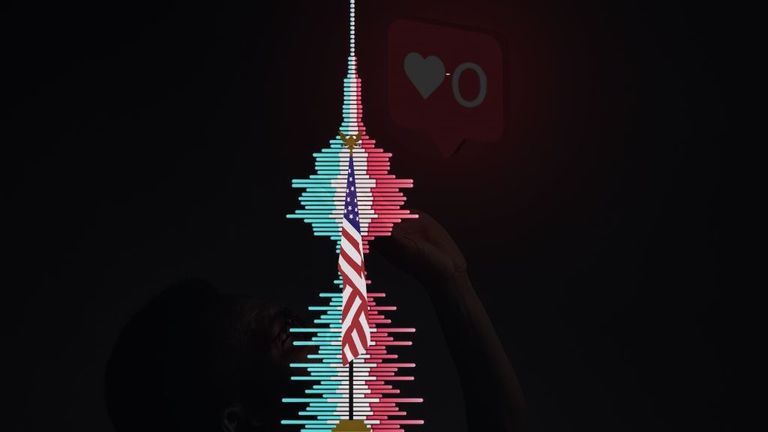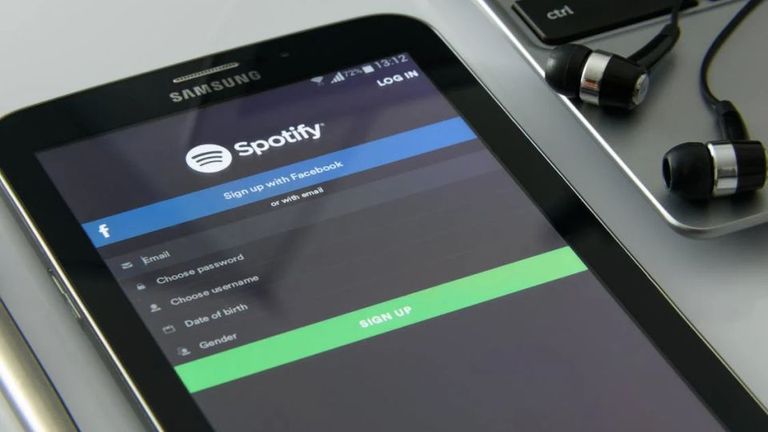TikTok to Halt U.S. Operations This Month Unless Supreme Court Intervenes

The popular video-sharing app TikTok has confirmed its plan to discontinue operations in the United States on January 19 if the Supreme Court upholds a ban on the platform. The decision comes amid legal disputes over its ownership and data security concerns.
According to the Associated Press, TikTok's shutdown would only occur if the court enforces a law requiring the Chinese-owned platform to sever ties with its parent company, ByteDance, or sell to a third party. ByteDance has firmly stated it does not intend to sell the app.
This announcement follows a unanimous ruling by a U.S. federal appeals court panel last month, upholding legislation that mandates TikTok's sale or ban by January 19 unless alternative measures are provided by the Supreme Court.
Legal and Political Debate
TikTok's legal team has argued that banning the app violates the First Amendment by restricting free speech. However, the court countered, emphasizing the importance of protecting U.S. users’ data from potential misuse by foreign entities. On January 10, the Supreme Court is scheduled to hear further arguments on whether TikTok can remain operational or must comply with the sell-or-ban order.
Indiefferential Picks January 2025 Vol 1 (Printed Version)
Notably, former President Donald Trump, who returned to office after his 2024 election victory, has publicly opposed the ban. Despite supporting a similar measure during his first term, Trump now advocates for resolving the issue through political negotiations. In a legal brief filed on December 27, Trump’s lawyer requested a delay in the ban, signaling his desire to address the matter after taking office.
Broader Context and Implications
President Joe Biden enacted the sell-or-ban measure into law in April 2024, citing long-standing concerns over ByteDance’s potential ties to the Chinese government and its ability to access the data of millions of American users.
TikTok has already faced restrictions in over 30 U.S. states, as well as in Canada, the European Union, and countries like India, Taiwan, and Afghanistan. Many governments have banned the app on official devices, citing national security risks.
The potential U.S. ban could significantly affect the music industry. A recent TikTok report revealed that many of 2024’s chart-topping songs in the U.S. and U.K. gained popularity through TikTok trends. In May, TikTok secured a licensing agreement with Universal Music Group after resolving previous disputes. However, the company also shut down its streaming service, TikTok Music, in September after operating for just over a year.
As the Supreme Court prepares to make its decision, TikTok's future in the U.S. remains uncertain, with wide-reaching implications for both its users and the industries it influences.


